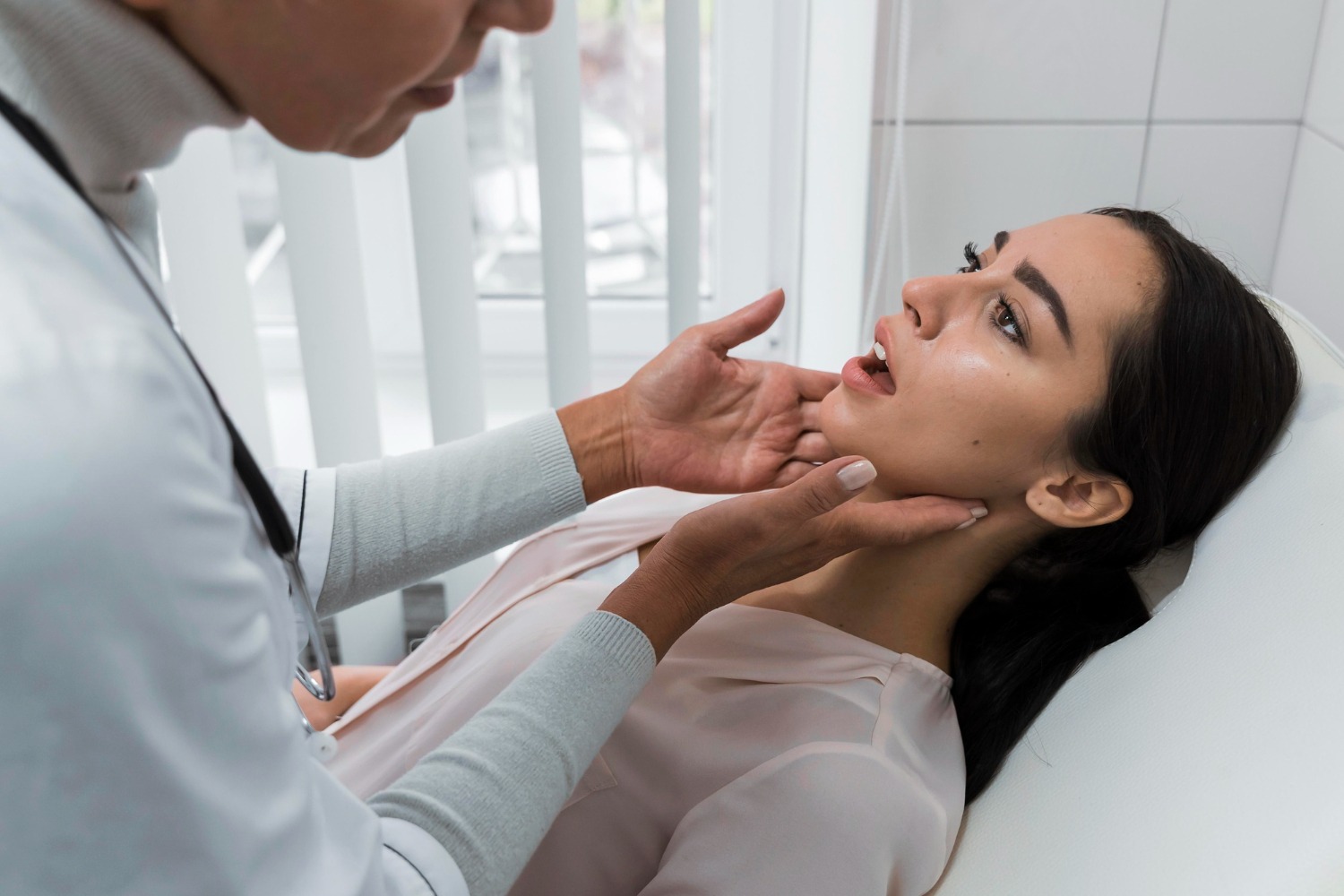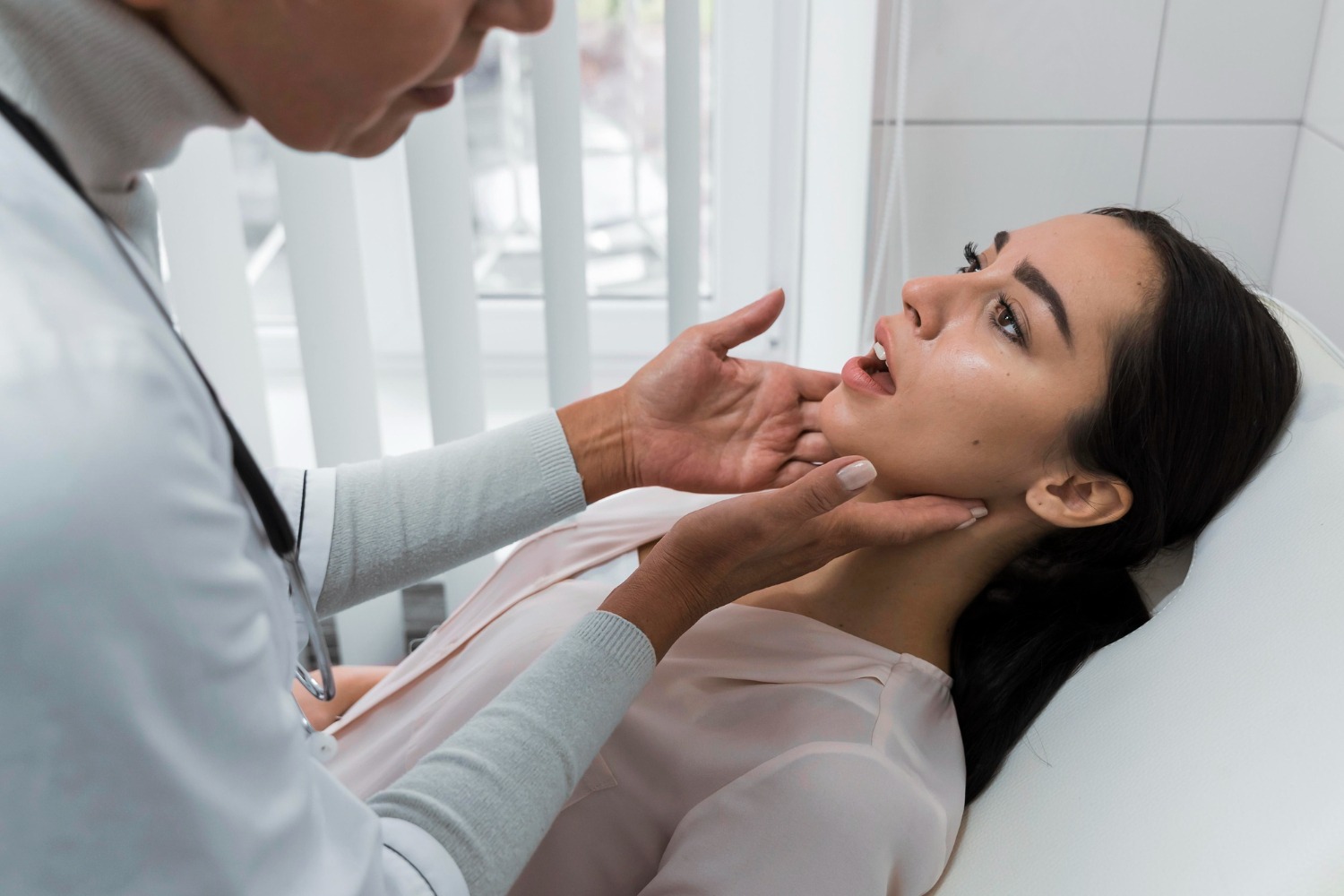How Advanced treatment Good For TMJ Treatment Addresses Sleep Apnea
TMJ (temporomandibular joint) disorders and sleep apnea often coexist, as issues with the jaw joint can contribute to airway obstruction during sleep. Advanced treatment methods can address both conditions simultaneously, offering relief and improving overall quality of life. Here’s how:
1. Orthodontic Appliances
- TMJ Benefit: Custom-made oral appliances, such as splints or mouthguards, help realign the jaw and relieve pressure on the TMJ.
- Sleep Apnea Benefit: These devices also adjust the position of the jaw and tongue, keeping the airway open during sleep and reducing apnea episodes.
2. Physical Therapy and Exercises
- TMJ Benefit: Targeted exercises strengthen jaw muscles, reduce stiffness, and improve joint mobility.
- Sleep Apnea Benefit: Strengthening the muscles around the jaw and throat can prevent airway collapse.
3. Surgical Interventions
- TMJ Benefit: For severe cases, surgery can correct structural issues in the jaw or joint.
- Sleep Apnea Benefit: Correcting jaw alignment surgically can enlarge the airway, reducing obstruction.
4. BOTOX Injections
- TMJ Benefit: Botox relaxes overactive jaw muscles, relieving tension and pain in the joint.
- Sleep Apnea Benefit: Relaxing these muscles can help with airway patency in some cases.
5. Lifestyle Modifications
- TMJ Benefit: Stress reduction, posture improvement, and dietary changes help alleviate TMJ symptoms.
- Sleep Apnea Benefit: Weight management and sleep hygiene improve apnea symptoms.
6. Continuous Positive Airway Pressure (CPAP) Therapy
- While CPAP is a direct treatment for sleep apnea, combining it with TMJ-specific treatments ensures comprehensive care.
Why Treating TMJ Helps Sleep Apnea:
- TMJ disorders can affect the alignment of the jaw, which plays a crucial role in keeping the airway open during sleep. By addressing TMJ issues, advanced treatments improve the structural alignment of the jaw and throat, reducing airway obstruction and enhancing sleep quality.
If you’re experiencing TMJ issues along with sleep apnea, consulting a specialist can help design a tailored treatment plan to address both conditions effectively.
Side Effects of Sleep Apnea on Overall Health
Sleep apnea can have far-reaching effects on your body, many of which can indirectly worsen TMJ pain:
- Fatigue and Poor Sleep Quality:
- Sleep deprivation affects pain perception, making TMJ pain feel more severe.
- Headaches:
- Oxygen deprivation during sleep can trigger morning headaches, which are also a symptom of TMJ dysfunction.
- Mood Disorders:
- Chronic pain and poor sleep can lead to anxiety, depression, or irritability.
- Heart Issues:
- Sleep apnea increases the risk of hypertension, cardiovascular disease, and stroke.
- Fatigue and Poor Sleep Quality:
Breaking the Cycle of Tmj
- Treating TMJ:
- Use custom orthotics, physical therapy, and stress management to reduce joint strain.
- Managing Sleep Apnea:
- CPAP therapy, oral appliances, or positional therapy can help maintain an open airway.
- Lifestyle Changes:
- Weight loss, stress reduction, and avoiding alcohol or sedatives improve both conditions.
A multidisciplinary approach involving a dentist, sleep specialist, and physical therapist often provides the best results in managing both TMJ pain and sleep apnea effectively
- Treating TMJ:






